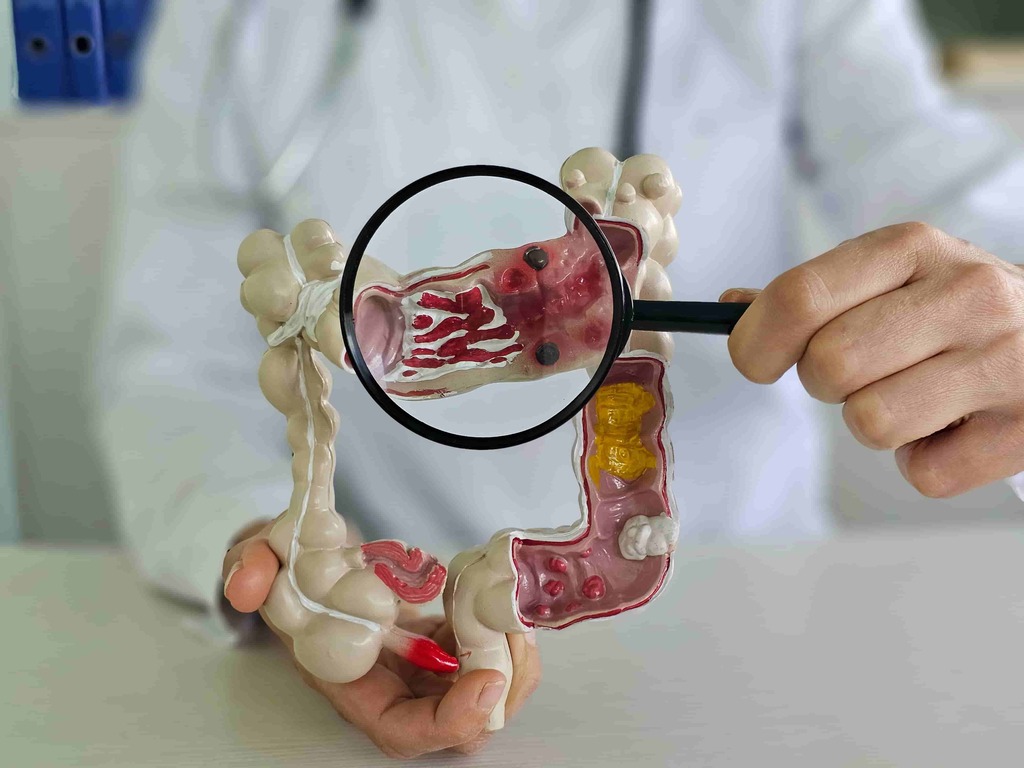Colorectal cancer remains one of the most prevalent cancers in the United States, making early detection and prevention crucial. This is particularly important for high-risk individuals. A Los Angeles colorectal surgeon is pivotal in educating patients about screening protocols that can lead to early detection and improved outcomes. Understanding the essential aspects of colorectal cancer screening can empower individuals to take control of their health.
1. Know the Screening Guidelines
Understanding the screening guidelines for colorectal cancer is the first step toward early detection. The American Cancer Society recommends that individuals at average risk begin regular screenings at age 45. However, for those with a family history of colorectal cancer, a personal history of polyps, or other risk factors, screenings may need to begin earlier.
A colorectal surgeon in Los Angeles can help clarify individual risk factors and recommend a personalized screening schedule. Standard screening methods include:
- Colonoscopy: This procedure allows the doctor to examine the entire colon and rectum using a flexible tube with a camera. It is the most effective method for detecting polyps and cancer.
- Flexible Sigmoidoscopy: This test examines only the lower part of the colon and can be done more frequently than a colonoscopy.
- Stool Tests: Fecal immunochemical tests (FIT) and stool DNA tests can detect signs of cancer by analyzing stool samples.
2. Understand Your Risk Factors
Identifying risk factors for colorectal cancer is essential in determining the appropriate screening approach. Some risk factors include:
- Age: The risk increases with age, particularly for individuals over 50.
- Family History: A family history of colorectal cancer or polyps increases risk significantly.
- Genetic Predispositions: Certain genetic syndromes, such as Lynch syndrome or familial adenomatous polyposis (FAP), heighten cancer risk.
- Lifestyle Factors: Diet, physical inactivity, smoking, and heavy alcohol use are also linked to increased risk.
A Los Angeles colorectal surgeon can provide insights into how these factors impact personal health and recommend tailored screening strategies.
3. Discuss Symptoms and Early Signs
Awareness of the symptoms associated with colorectal cancer is crucial for prompt evaluation. Early-stage colorectal cancer may not present noticeable symptoms, making regular screenings vital. However, some symptoms to watch for include:
- Changes in bowel habits (diarrhea or constipation)
- Blood in the stool or rectal bleeding
- Unexplained weight loss
- Abdominal discomfort or cramping
- Persistent fatigue
Patients experiencing these symptoms should consult a qualified colorectal surgeon in Los Angeles as soon as possible for further evaluation and potentially expedited screening.
4. Prepare for Screening Procedures
Preparation for screening can vary based on the method used. For instance, colonoscopy requires specific bowel preparation to ensure a clear view of the colon. Patients are typically advised to follow a special diet and may need to take a prescribed laxative solution the day before the procedure.
Understanding the preparation process can alleviate anxiety and lead to better outcomes. A Los Angeles colorectal surgeon can provide clear instructions tailored to the chosen screening method.
Preparation Steps for a Colonoscopy:
- Dietary Adjustments: Follow a low-fiber diet for several days before the procedure.
- Bowel Prep: Use the prescribed laxative to clean the colon thoroughly.
- Hydration: Maintain hydration throughout the prep process.
- Transportation: Arrange for someone to drive home post-procedure, as sedation is often used.
5. Follow-up and Post-Screening Care
Understanding the results and necessary follow-up care following a colorectal screening is crucial. If polyps or abnormalities are found, additional procedures may be required. Depending on the initial findings, regular follow-up screenings may also be necessary.
Discussing the results with a colorectal surgeon in Los Angeles can clarify the next steps. Continuous communication about health status, any changes in symptoms, and overall well-being is vital in managing colorectal health.
Key Takeaways:
- Early detection through regular screenings is essential for improving colorectal cancer outcomes.
- Individuals must be aware of their risk factors and family history.
- Understanding preparation steps for screenings can ease anxiety.
- Follow-up care is crucial for individuals with detected abnormalities.
Frequently Asked Questions (FAQs)
1. At what age should I start getting screened for colorectal cancer?
Individuals at average risk should begin screening at age 45, while those with risk factors may need to start earlier.
2. How often should screenings be done?
The frequency of screenings depends on the method used and individual risk factors. Colonoscopies are typically recommended every 10 years for those at average risk, while other methods may require more frequent testing.
3. What should I do if I have symptoms?
Consult a colorectal surgeon immediately if experiencing symptoms such as rectal bleeding or significant changes in bowel habits.
4. Are there any risks associated with screening procedures?
Like any medical procedure, screening methods carry some risks, such as bleeding or perforation, especially with colonoscopy. Discuss these risks with a healthcare provider beforehand.
5. How can I reduce my risk of colorectal cancer?
Maintaining a healthy diet, staying active, limiting alcohol consumption, and avoiding tobacco can help lower the risk. Regular screenings and open discussions with a healthcare provider are also vital.
Conclusion
In summary, colorectal cancer screening awareness and education are critical for proactive health management. With insights from a Los Angeles colorectal surgeon, individuals can make informed decisions about their screening schedules and risk factors. Early detection remains the most effective strategy in the fight against colorectal cancer. Consulting with professionals like Dr. Armen Gregorian, MD, can pave the way for better health outcomes.





